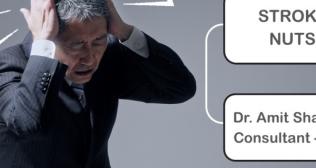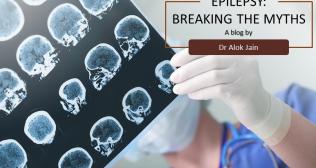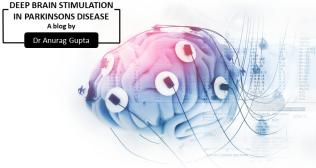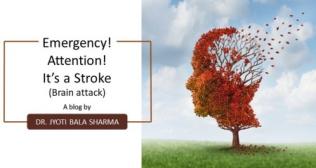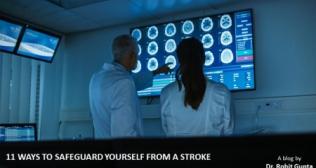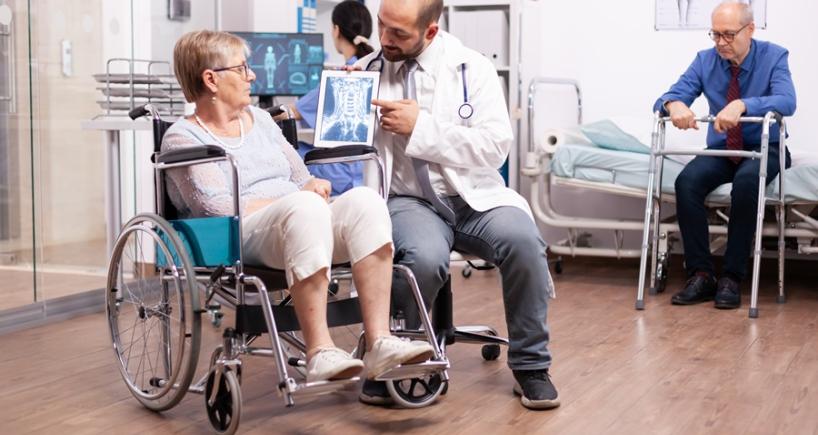
Unveiling Strength: Paralysis Symptoms and Holistic Treatments
Introduction
Paralysis is a complex, debilitating condition characterized by the loss of muscle function, resulting in an inability to control specific muscles voluntarily to move. The condition can be life-altering, so understanding its causes, types, and management strategies is crucial for patients and caregivers.
Causes of Paralysis
Paralysis can result from various causes, and it can affect different parts of the body. Some common causes include:
- Traumatic Injury: One of the most common causes of paralysis is trauma, such as spinal cord injuries resulting from accidents, falls, or sports injuries. Trauma can damage the spinal cord, disrupting the communication between the brain and the rest of the body, leading to paralysis below the injury site.
- Stroke: Stroke occurs when blood flow to a part of the brain is disrupted, either due to a blockage or bleeding. Depending on the location and severity of the stroke, it can cause paralysis on one side of the body or affect specific body parts.
- Neurological Disorders: Conditions like multiple sclerosis, cerebral palsy, Guillain-Barré syndrome, and amyotrophic lateral sclerosis (ALS) can damage nerve cells or the spinal cord, resulting in paralysis.
- Spinal Cord Disorders: Conditions like spinal cord tumors, infections, and degenerative diseases like spinal stenosis can compress or damage the spinal cord, leading to paralysis or loss of sensation.
- Sleep Paralysis: When a person experiences temporary paralysis during the transition between sleep and wakefulness, they have sleep paralysis. Sleep paralysis is caused by disturbed sleep patterns, sleep disorders, and anxiety.
Types of Paralysis
Paralysis can be classified into various types based on the severity and the affected area.
- Monoplegia: Paralysis of one limb (an arm or leg)
- Hemiplegia: Paralysis affecting one side of the body, typically caused by a stroke
- Paraplegia: Paralysis of both legs and sometimes the lower trunk, usually due to spinal cord injury below the neck
- Quadriplegia/Tetraplegia: Paralysis affecting all four limbs and the trunk, resulting from a spinal cord injury in the cervical (neck) region
- Diplegia: Paralysis affecting symmetrical parts of the body, often seen in conditions like cerebral palsy
Symptoms of Paralysis
The symptoms of paralysis can vary depending on the underlying cause, location, and severity of the condition. Associated symptoms include:
- Loss of voluntary muscle control
- Numbness, tingling, or a lack of sensation in the affected area
- Muscle spasms or twitching that occur spontaneously or in response to stimuli
- Changes in reflexes leading to changes in responses to stimuli such as tapping the knee (knee-jerk reflex) or other reflex tests
- Loss of bowel and bladder control leading to urinary or fecal incontinence
- Difficulty in breathing or swallowing
- Slurred speech, difficulty articulating words, or complete loss of speech
- Changes in skin condition due to increased risk of bedsores and skin infections
- Facial paralysis symptoms include drooping of the mouth, facial twitching, loss of taste, and difficulty closing the eyes
Diagnosing Paralysis
Diagnosing paralysis involves a thorough evaluation by healthcare professionals tailored to the suspected cause and specific symptoms. Here’s an overview:
- Medical History: Detailed review including symptom onset, injuries, medical conditions, medications, and family history
- Physical Examination: Assessment of motor function, sensation, reflexes, and coordination to identify weakness or abnormalities
- Neurological Examination: Focused assessment of nervous system function
- Imaging Studies: MRI, CT scans, and X-rays to visualize the brain, spinal cord, and surrounding tissues for abnormalities
- Electrophysiological Tests: EMG and NCS to evaluate muscle and nerve activity for dysfunction
- Laboratory Tests: Blood tests to assess glucose levels, electrolytes, infections, autoimmune disorders, or other systemic conditions
This streamlined process helps pinpoint the cause and extent of paralysis effectively.
Paralysis Treatment
The treatment strategies that help improve the quality of life include:
- Rehabilitation: Physical therapy, occupational therapy, and speech therapy can help people restore their strength, mobility, and independence.
- Assistive Devices: Wheelchairs, braces, walkers, and other assistive devices can help individuals navigate their environment and perform daily activities comfortably.
- Medications: Medications help manage symptoms, prevent complications, or treat underlying conditions.
- Surgical Interventions: In some cases, surgery may be recommended to relieve pressure on the spinal cord, repair damaged nerves, or treat tumors or herniated discs.
- Psychological Support: Counseling and support groups help individuals and their families adjust to paralysis and maintain a positive outlook.
- Sleep Paralysis Treatment: This involves maintaining a regular sleep schedule, reducing stress, and seeking treatment for mental health conditions.
While there is currently no cure for paralysis, advances in medical technology and rehabilitation techniques, along with awareness, can empower individuals with paralysis to lead fulfilling and meaningful lives.
Popular Searches :
Hospitals: Cancer Hospital in Delhi | Best Heart Hospital in Delhi | Hospital in Amritsar | Hospital in Ludhiana | Hospitals in Mohali | Hospital in Faridabad | Hospitals in Gurgaon | Best Hospital in Jaipur | Hospitals in Greater Noida | Hospitals in Noida | Best Kidney Hospital in Kolkata | Best Hospital in Kolkata | Hospitals in Rajajinagar Bangalore | Hospitals in Richmond Road Bangalore | Hospitals in Nagarbhavi Bangalore | Hospital in Kalyan West | Hospitals in Mulund | Best Hospital in India | | Cardiology Hospital in India | Best Cancer Hospital in India | Best Cardiology Hospital in India | Best Oncology Hospital In India | Best Cancer Hospital in Delhi | Best Liver Transplant Hospital in India
Doctors: Dr. Rana Patir | Dr. Rajesh Benny | Dr. Rahul Bhargava | Dr. Jayant Arora | Dr. Anoop Misra | Dr. Manu Tiwari | Dr. Praveer Agarwal | Dr. Arup Ratan Dutta | Dr. Meenakshi Ahuja | Dr. Anoop Jhurani | Dr. Shivaji Basu | Dr. Subhash Jangid | Dr. Atul Mathur | Dr. Gurinder Bedi | Dr. Monika Wadhawan | Dr. Debasis Datta | Dr. Shrinivas Narayan | Dr. Praveen Gupta | Dr. Nitin Jha | Dr. Raghu Nagaraj | Dr. Ashok Seth | Dr. Sandeep Vaishya | Dr. Atul Mishra | Dr. Z S Meharwal | Dr. Ajay Bhalla | Dr. Atul Kumar Mittal | Dr. Arvind Kumar Khurana | Dr. Narayan Hulse | Dr. Samir Parikh | Dr. Amit Javed | Dr. Narayan Banerjee | Dr. Bimlesh Dhar Pandey | Dr. Arghya Chattopadhyay | Dr. G.R. Vijay Kumar | Dr Ashok Gupta | Dr. Gourdas Choudhuri | Dr. Sushrut Singh | Dr. N.C. Krishnamani | Dr. Atampreet Singh | Dr. Vivek Jawali | Dr. Sanjeev Gulati | Dr. Amite Pankaj Aggarwal | Dr. Ajay Kaul | Dr. Sunita Varma | Dr. Manoj Kumar Goel | Dr. R Muralidharan | Dr. Sushmita Roychowdhury | Dr. T.S. MAHANT | Dr. UDIPTA RAY | Dr. Aparna Jaswal | Dr. Ravul Jindal | Dr. Savyasachi Saxena | Dr. Ajay Kumar Kriplani | Dr. Nitesh Rohatgi | Dr. Anupam Jindal |
Specialities: Heart Lung Transplant | Orthopedic | Cardiology Interventional | Obstetrics & Gynaecology | Onco Radiation | Neurosurgery | Interventional Cardiology | Gastroenterologist in Jaipur | Neuro Physician | Gynecologist in Kolkata | Best Neurologist in India | Liver Transfer |











